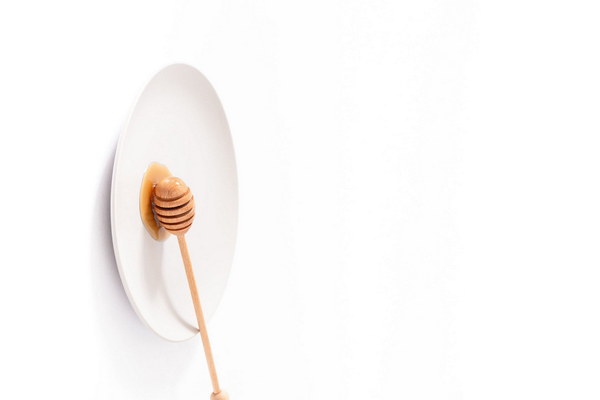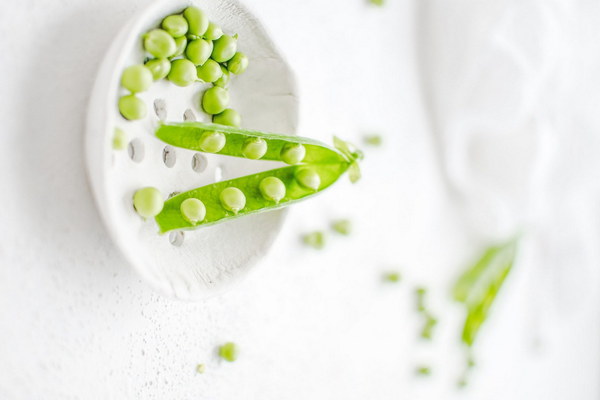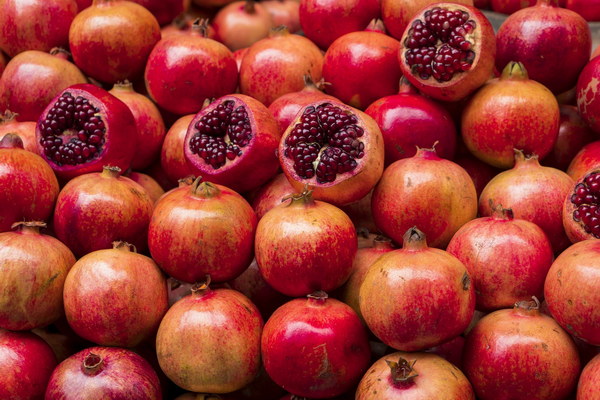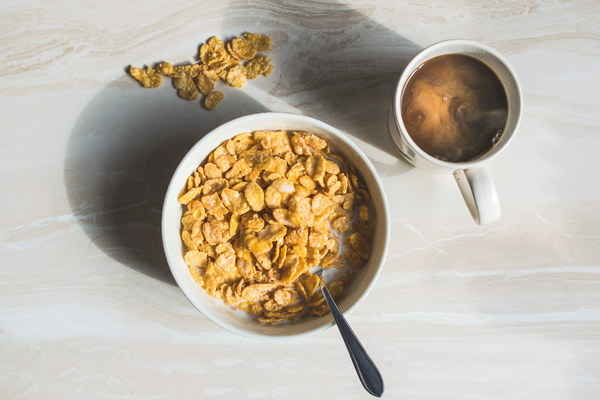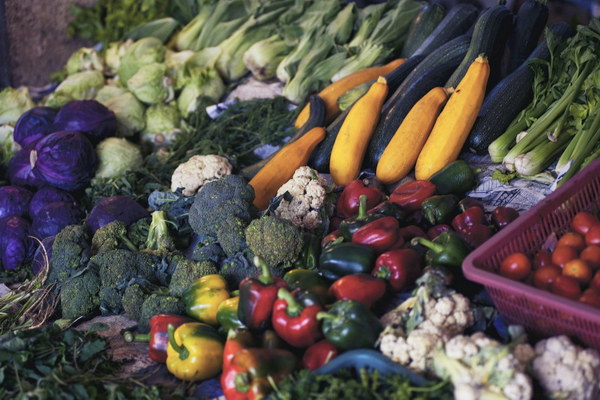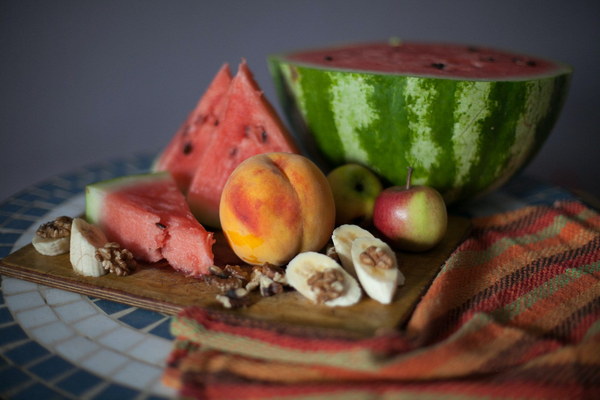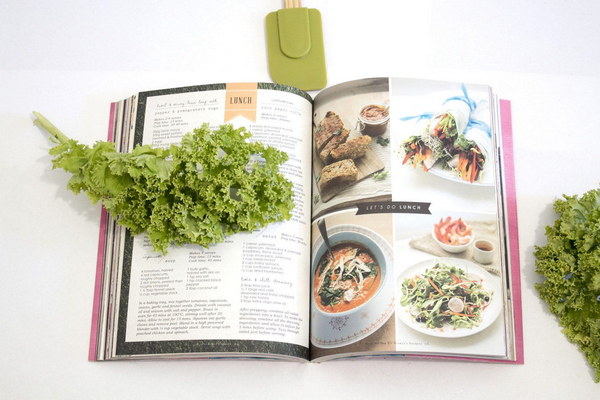Understanding the Therapeutic Nature Is Yangwei Shu Granule Warm or Cool
In the realm of traditional Chinese medicine, the classification of herbal remedies into thermal categories (either warm or cool) plays a significant role in the selection and application of these treatments. One such herbal formula that has garnered attention is Yangwei Shu Granule. This article aims to explore whether Yangwei Shu Granule is categorized as a warm or cool herbal formula and delve into its therapeutic properties.
Yangwei Shu Granule is a traditional Chinese medicine preparation designed to nourish the stomach and alleviate symptoms such as indigestion, bloating, and discomfort. It is widely used in the treatment of various gastrointestinal disorders. To understand its therapeutic nature, we must first delve into the concept of thermal properties in Chinese medicine.

In traditional Chinese medicine, thermal properties refer to the inherent qualities of substances or herbs that can either increase or decrease body temperature. These thermal properties are believed to influence the body's balance and are classified into two main categories: warm and cool.
A warm herbal formula is characterized by its ability to promote energy, warm the body, and enhance blood circulation. It is typically used to treat conditions that are associated with coldness, such as cold limbs, cold abdomen, and weakness. Warm formulas are often prescribed for individuals with a constitution that tends to feel cold or for those with symptoms that indicate a cold, damp, or stagnant condition.
On the other hand, a cool herbal formula is believed to have a calming and soothing effect on the body. It is often used to treat conditions that are associated with heat, such as fever, redness, and inflammation. Cool formulas are suitable for individuals with a constitution that tends to feel hot or for those with symptoms that indicate a hot, dry, or excessive condition.
Now, let's examine the thermal properties of Yangwei Shu Granule. The formula primarily consists of the following herbs:
1. Atractylodes macrocephala: Known for its ability to strengthen the spleen and stomach, improve digestion, and eliminate dampness.
2. Codonopsis pilosula: A well-known adaptogen that enhances the immune system and promotes overall well-being.
3. Poria cocos: Known for its ability to absorb moisture and relieve dampness, as well as promote digestion.
4. Coptis chinensis: A powerful herb that clears heat and relieves inflammation.
5. Glycyrrhiza uralensis: Known for its ability to regulate the body's fluids and promote harmony.
Considering the composition of Yangwei Shu Granule, it is evident that the formula primarily aims to alleviate dampness and heat in the body. The inclusion of Coptis chinensis, which has a cooling effect, suggests that this herbal formula is more likely to be classified as a cool formula.
Moreover, the formula's primary focus on treating symptoms such as indigestion, bloating, and discomfort, which are often associated with dampness and heat, further supports its classification as a cool herbal formula. It is important to note that the thermal properties of an herbal formula can vary depending on the specific preparation and the individual's constitution.
In conclusion, Yangwei Shu Granule is likely to be classified as a cool herbal formula, given its composition and the therapeutic focus on alleviating dampness and heat. It is essential for healthcare professionals to consider the individual's constitution and specific symptoms when selecting and administering herbal remedies, as the thermal properties of these formulas can have a significant impact on their effectiveness.
Incorporating Yangwei Shu Granule into a personalized treatment plan may provide relief for individuals suffering from gastrointestinal disorders and promote overall well-being. However, it is crucial to consult with a qualified healthcare professional before starting any new treatment, as individual responses to herbal remedies can vary.
